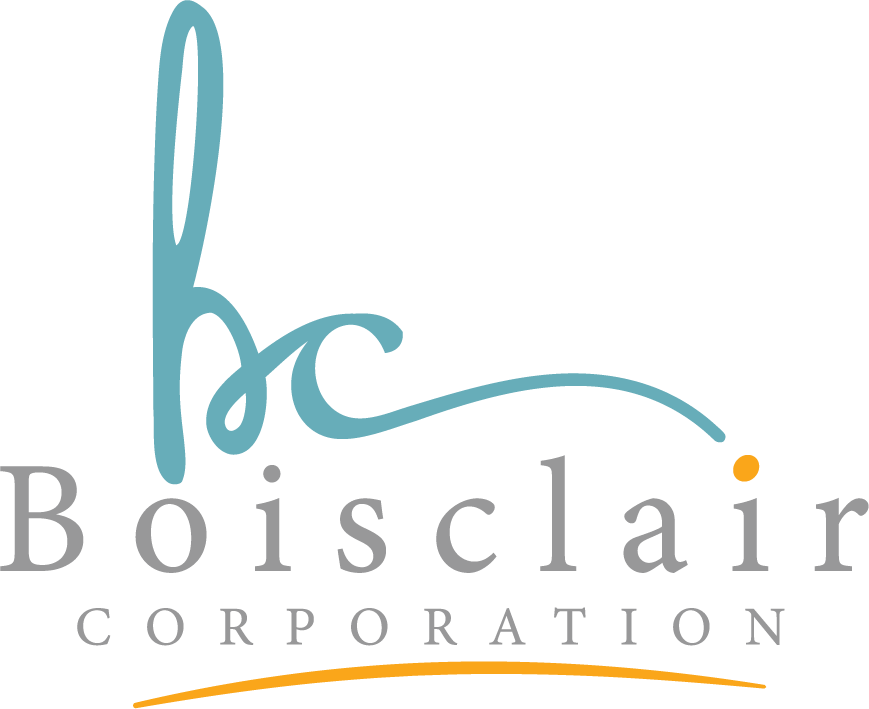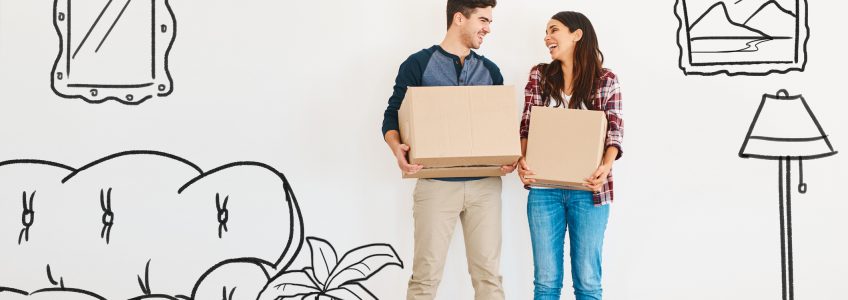Top Questions to Ask Before Renting an Apartment
Top Questions to Ask Before Renting an Apartment
Renting an apartment is serious business. You will be investing a lot of your monthly income to this new dwelling and you need to make sure certain important elements are in place before you sign on the dotted line.
You may be a first-time renter or someone who has rented before and had bad experiences. It is in everyone’s best interest to ask questions while you have the landlord or rental agent’s attention. Once you sign, it’s too late to change your mind.
So what are the most important things to ask about? If you’ve ever had a bad rental experience you’ve no doubt already started your own list. If you’re a beginner to renting be sure to ask specific questions about:
- Payment. Find out what the application fees. Get in writing what the move-in costs are like first month’s rent and security deposit. Some landlords require more than one month’s rent as well as your last month’s rent. Will renter’s insurance be required? (This is highly recommended even if it isn’t.) Find out what forms of payment are accepted. Are utilities included or will you need to open accounts on your own with the utility companies? Anything that has to do with money exiting your pocket, ask about it.
- Rules. Knowing these in advance could mean the difference between being evicted or not being evicted. Some landlords are very strict while others give you more leeway. Ask if pets are allowed. Can you have overnight guests and for how long? Can you paint the walls and hang pictures? Ask for a written list of rules that you can keep handy in case your landlord likes to make up rules as they go along. This isn’t legal unless they inform you in writing and in advance.
- Your Surroundings. This is one of the most important areas to research and you’d be surprised how many people don’t bother. It’s especially vital if you’re new to the city and you don’t know anyone already living there who can give you the real scoop. Ask about crime in the area or streets you should avoid after dark. Ask about potential pests like roaches or rodents; are they a problem in your building? Ask if the police have been called to the area recently.
Much of being a savvy renter is using common sense and planning. By asking the right questions in advance of any commitment you’ll be well on your way to becoming one.
How Can I Get My First Apartment With No Credit
How can I get my first apartment with no credit?
Landing an apartment without a credit history is tricky. You’ve probably heard this before, otherwise, you wouldn’t have come here. To say the truth, getting an apartment with no solid credit history will require a bit of legwork from you. This, however, doesn’t mean that it’s impossible. As you check out properties, here are few options you can weigh so that lack of credit doesn’t pose much of an obstacle.
Make a large security deposit
Even though this option is more expensive, it can be an excellent way to work around the fact that you don’t have a credit history. Keep in mind, money talks. So for instance, you can offer to pay the landlord three months of rent immediately. This shows your landlord that you’re not only serious but also have money saved. It also gives them peace of mind knowing that you don’t run the risk of missing on payments, at least for a while.
Offer to move in right away
Landlords don’t like having unrented properties. It’s rather expensive to pay mortgages and utility bills without getting back any reimbursement. Take advantage of this and look for a property that isn’t in high-demand or one that has been sitting in the market. Usually, such homes can get your foot in the door of your first apartment.
Find an independent property owner
Generally, most individual property owners are more lenient than management companies. This doesn’t mean that landlords will still not want to see proof of income stability. Sure, they’ll. However, unlike management companies that require a credit check, they can allow you to rent without established credit.
Provide references
The general assumption is that those who are responsible at work/school are also responsible for their money. One best way you can prove your character is by providing the landlord with professional references from past professors or employers. Offering these character references shows that you’re hardworking and above all responsible enough to make early rent payments.
Find a roommate
If you can find a roommate with a strong income and credit profile, you can manage to get around your lack of credit history and find an apartment. Usually, if one person’s credit is good enough, then the property owner will chance it and rent you. Keep in mind though, that when relying on your roommate’s credit, it’s vital to hold up on your end of the agreement. Otherwise, you might risk affecting their credit rating and, worse even your friendship.
Make your dreams a reality
As you can see, it’s possible to land an apartment without an established credit profile. Even so, it’s always advisable to start building one if you still haven’t, as soon as you can. With excellent credit, you not only get to apply for apartments but it also helps you buy cars and apply for loans. You can ask your bank to open a secured credit card, one with a low limit so that you can gradually build your limit without risking incurring high debt.
How Much Should You Save Before You Move Out
How Much Should You Save Before You Move Out?
A quick answer to that would be to have at least three months of living expenses and rent saved up. Such a figure will sufficiently allow you to get by for at least three months in case you lose your job or get an accident/illness. Nevertheless, you still need to save up as much money as you possibly can. The financial consequences of moving from one home to another can be quite weighty. Here’s a breakdown of the numbers so that you can see if your budget has room to handle the move.
Rent
If you’re renting an apartment or house, you need enough money to cover the first and last’s month rent. You’ll also need to put down a security deposit, which can range from half to sometimes even 1.5 of the monthly rent. Depending on your needs, $2,350 can be an appropriate amount to save ahead of the move, especially if you earn around $ 30,000 per month. Of course, you should also not spend more than a third of your income on rent. Otherwise, you’ll end up feeling stressed every single month. Stick with the rent you can comfortably afford.
Moving costs
You might be able to lower your moving expenses by requesting friends and family to help you with a van/truck and packaging supplies. Otherwise, moving expenses can get high, depending on where you’re moving. For instance, if you hire a moving truck in-town and plan to do the rest for yourself, they’ll charge you $40-$150 for the truck and the packaging supplies.
On the other hand, if you request for a full-service from a reputable company, you could pay around $300-$600. This is because there’s a lot of value in hiring a professional to move your stuff, especially when you have many delicate items.
Additional expenses
Apart from rent and moving expenses, make sure to set aside money for living expenses. The most common living expenses are food/drink, transportation, utilities, and entertainment. For others, loans are a normal lifestyle cost.
- Furnishings and housing needs: If you don’t already own furniture, you can get inexpensive furniture from thrift shops for between $ 500- $ 1,000. Furnishing your house with apartment basics like light bulbs, cleaning supplies can cost about$ 50- $ 100. You also have to take into account other expenses like application fees such as for credit check which your property owner may charge. Usually, they cost around $ 50-$ 100. Renter’s insurance is another must-have. It costs less than $ 150 a year. Most importantly, it ensures that you can re-purchase your possessions in case of a break-in, fire or flood.
- Utilities: When writing down all your expenses, your list should also include utilities like heat, electricity, internet, phone, and whatever other monthly expenditure. For this, expect to pay roughly around $ 200 per month.
- Food and drink will probably run at $ 50- $ 100 per month. This will enable you to buy groceries and few supplies such as toilet paper and cleaning detergents. As for transportation expenses, this majorly depends on your location. The best way to find out how much gas fuel you spend is to track your fuel spending for a month.
Savings target
Bear in mind that these expenses may not be as high in cities with lower costs of living. Assuming rent costs $ 750/month, you’ll put roughly $ 2,350 aside to pay for the security deposit, last and first month’s rent, plus the application fees. Moving costs, which include paying movers and buying packing supplies, will be about $ 500. Let’s say $ 1000 goes to buying furniture. Then, you add another $ 500 for renter’s insurance, starter supplies, and utility deposits. Adding it all together, you can work with about $ 5,000 of savings efficiently. To be on the safe side, you should have an additional 10% of your salary put aside for unexpected expenses.



